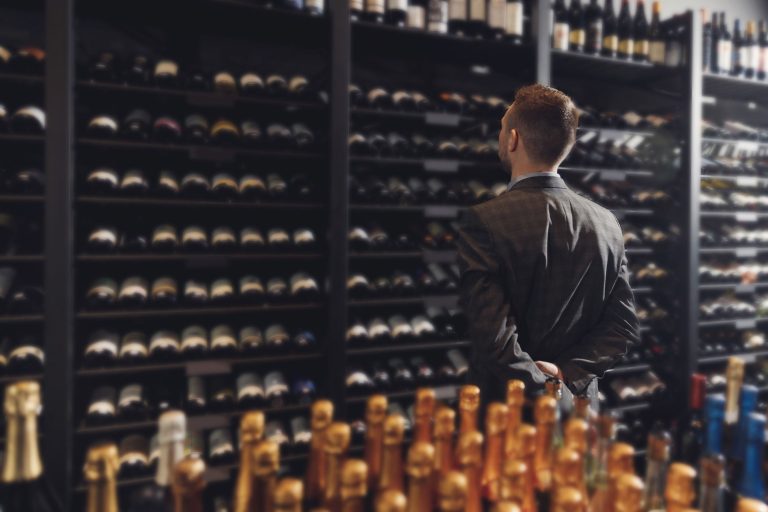In a strategic move to reinvigorate its nightlife and dining scene, Hong Kong’s Chief Executive John Lee announced a significant reduction in liquor taxes on Wednesday.
This initiative aims to restore the city’s standing as a vibrant travel destination amidst growing competition from regional counterparts like Singapore and Japan.
Following the implementation of a national security law mandated by Beijing, Lee now faces the daunting task of enhancing Hong Kong’s economic competitiveness.
The Covid-19 pandemic has reshaped local lifestyles, prompting many residents to seek weekend entertainment in mainland China, where prices are lower and options are more diverse.
Consequently, the local demand for nightlife experiences has diminished, with fewer mainland visitors spending money in the city compared to previous years.
The impact of these changes is evident in the city’s popular shopping districts, where vacant storefronts have become commonplace. Preliminary data indicates that bar revenues plummeted approximately 28% in the first half of 2024 compared to the same period in 2019.
In his annual policy address, Lee announced a new duty structure for liquor.
Effective immediately, the tax on imported liquor priced over 200 Hong Kong dollars (approximately $26) will be reduced from 100% to 10% for the portion exceeding that threshold.
This policy aims to bolster various sectors, including logistics, storage, tourism, and high-end dining.
Historically, the abolition of wine duties in 2008 led to an 80% increase in imports within a year, fostering the establishment of numerous wine-related businesses in the city.
Lee, who was appointed by Beijing after serving as the city’s security chief, introduced the controversial national security law in March.
Critics argue that this legislation threatens the civil liberties guaranteed to Hong Kong upon its return to Chinese sovereignty in 1997.
This law mirrors similar national measures enacted by Beijing in 2020 in response to extensive anti-government protests, resulting in the prosecution or exile of many prominent activists.
The Hong Kong government maintains that these security laws are essential for maintaining stability.
In light of the significant political changes, many middle-class families and young professionals have relocated to countries such as Britain, Canada, Taiwan, and the United States.
To attract affluent migrants, Lee has also modified a residency scheme that permits applicants to gain residency by investing at least 30 million Hong Kong dollars ($3.9 million) in specific assets.
As of Wednesday, home purchases valued at 50 million Hong Kong dollars ($6.4 million) or more will count for up to a third of the investment requirement.
Just hours before Lee’s address, a small group of activists from the League of Social Democrats staged a demonstration outside government headquarters, advocating for universal suffrage in chief executive elections and the establishment of a retirement pension scheme.
The post Will Hong Kong’s liquor tax cut revive its nightlife and attract tourists? appeared first on Invezz

